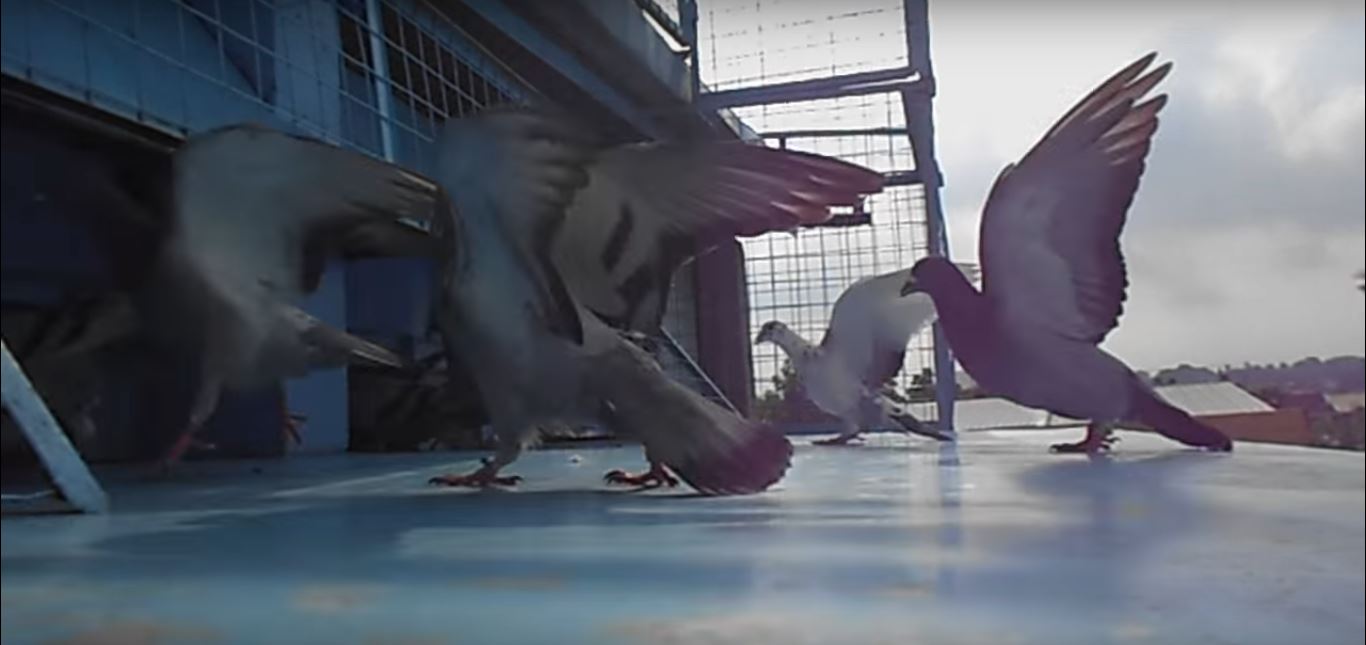Should I ever Poison a Pigeon?
There are a great many varieties of poisons on the market. They all claim to be the best way
of dealing with problem Pittsburgh pigeons. This is not the case. Poison is terribly difficult to control.
A Pennsylvania pigeon’s diet isn’t so unique that you can guarantee that no other bird will stumble across the
contaminated food, eat it and die. The poisons on the market also cause the Pittsburgh birds to suffer and
convulse in the most horrible way. This is not a humane way to deal with pest birds. The other
thing to consider in this case is that often the poison will take a little time to work.

During that time the bird could be found by some kind and unsuspecting person who will try to save it.
Seeing the poor thing suffer like that is a very traumatic thing for the person, especially if they are
a child. Once the Pittsburgh bird is dead, there is also the problem of disposing of the remains. You can’t simply
toss the dead bird in the trash or leave it for nature to take its course. The active ingredients in most
poisons take years to become inactive, if they ever do. Pigeons are a source of food for a great many predators
including many Pennsylvania birds of prey like hawks and owls. These Pennsylvania birds could eat the contaminated birds and then die
themselves.
Many of these birds are endangered themselves for just this reason. Often the Pittsburgh poison doesn’t kill the predator,
but can cause all sorts of deformities in their young, effectively destroying a whole generation of predators.
Even domestic Pennsylvania animals aren’t safe from the poison. You can’t control where a feral pigeon will die if you poison
it. It could be found by a dog or cat who will eat it and then become sick and possibly die. No one likes being the
cause of someone’s pet dying. So no, don’t poison, ever.
There are instead, many ways to deter Pittsburgh pigeons from your home or property. Many are simply a case of making it
inconvenient for them to live there. No wild animal will stay in an area where food, water and nesting are hard
to come by. Making it less easy to access these things will undoubtedly cause the Pennsylvania birds to leave and find more
suitable roosting.
Visit our Pittsburgh wildlife control home page to learn more about us.

